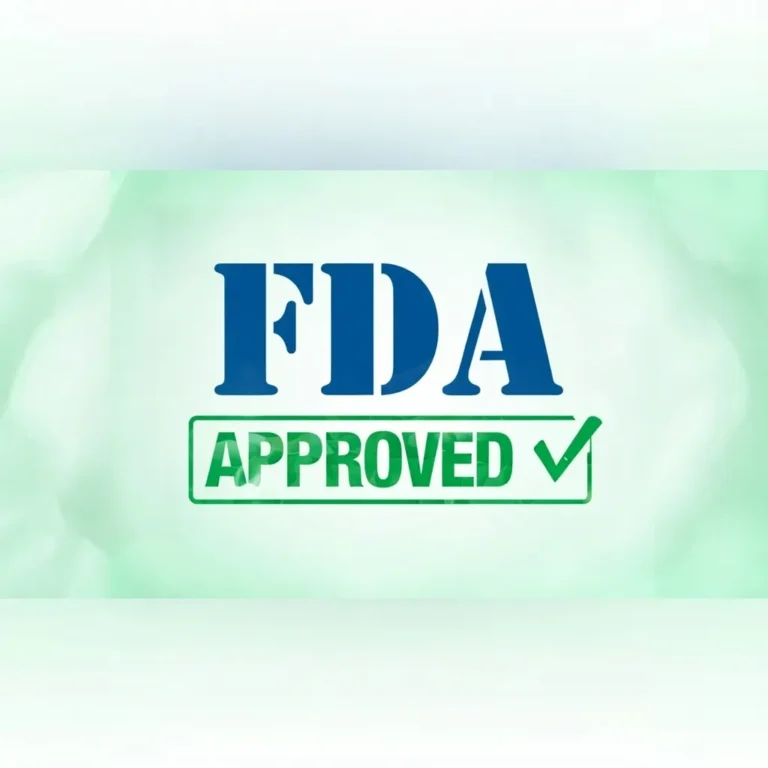
Regeneron Secures FDA Accelerated Approval for Lynozyfic in Multiple Myeloma, Eyes Differentiation Despite Market Head Start by Rivals
In a bid to strengthen its oncology portfolio, Regeneron Pharmaceuticals announced Wednesday that the U.S. Food and Drug Administration (FDA) has granted accelerated approval to its investigational bispecific antibody, linvoseltamab, for the treatment of adults with relapsed or refractory multiple myeloma. The therapy will be marketed under the brand name Lynozyfic, and represents a significant, though measured, step forward for the company in a crowded therapeutic landscape.
Lynozyfic targets the B-cell maturation antigen (BCMA) on multiple myeloma cells and the CD3 receptor on T cells, thereby redirecting the body’s immune system to recognize and kill cancerous plasma cells. The therapy’s approval is based on positive results from the Phase I/II LINKER-MM1 study, which demonstrated a 70% overall response rate (ORR) and a 45% complete response rate or better. These results were seen in patients who had already undergone multiple prior lines of treatment, indicating the potential for meaningful benefit in a heavily pretreated population.
Though the approval marks a regulatory win, market analysts have been quick to temper expectations. According to BMO Capital Markets, Lynozyfic is likely to be a “minor contributor” to Regeneron’s broader commercial portfolio. The firm estimates a peak revenue potential of approximately $600 million, a figure that underscores the challenges of entering a space already dominated by established players.
Chief among these competitors is Johnson & Johnson’s Tecvayli (teclistamab), a BCMA-targeting bispecific antibody that gained FDA approval back in 2022. With a three-year head start, Tecvayli has already begun establishing a foothold in the treatment landscape for multiple myeloma, which makes differentiation crucial for Regeneron.
To that end, the company is banking on dosing convenience and sustained efficacy as its competitive edge. Regeneron highlighted that Lynozyfic is the first and only approved BCMA×CD3 bispecific antibody that can be administered once every two weeks, with the potential to shift to once every four weeks for patients who achieve a “very good partial response” or better. This is in contrast to other bispecifics, many of which require more frequent dosing schedules, thereby increasing the treatment burden for patients and caregivers.
“This response-adapted dosing regimen is a significant, patient-centric advancement that could help reduce the treatment burden,” said Dr. Sundar Jagannath, director of the Center of Excellence for Multiple Myeloma at Mount Sinai, who also served as an investigator on the LINKER-MM1 study. He noted that reduced dosing frequency could improve adherence and quality of life for patients who often juggle multiple comorbidities and treatment side effects.
Regeneron CEO Dr. George Yancopoulos echoed the optimism, stating in a press release that the efficacy data position Lynozyfic to potentially become a new standard of care in multiple myeloma. However, that aspiration must contend with not only Tecvayli, but also emerging competition from other companies advancing next-generation immunotherapies, including bispecifics and CAR-T cell therapies.
Lynozyfic’s road to approval was not without obstacles. The FDA initially issued a Complete Response Letter (CRL) in August 2024, due to manufacturing issues at a third-party fill/finish facility. These concerns have since been resolved, clearing the path for the drug’s regulatory green light. Despite its promise, Lynozyfic will carry a boxed warning on its label for potential cytokine release syndrome (CRS) and immune effector cell-associated neurotoxicity syndrome (ICANS)—common risks associated with T cell-engaging therapies.
For Regeneron, the approval comes at a time when the company is grappling with broader pipeline volatility and investor skepticism. In May 2025, Regeneron’s stock was hit hard after its IL-33 inhibitor itepekimab—initially positioned as a potential successor to blockbuster drug Dupixent—delivered mixed results in a late-stage COPD program. While the AERIFY-1 trial showed a 27% reduction in moderate to severe exacerbations, the parallel AERIFY-2 trial failed to replicate the efficacy, yielding only a 2% reduction. The lackluster showing raised doubts about the program’s viability and dented investor confidence.
“Sentiment has undoubtedly been poor for REGN shares of late following the recent itepekimab miss in COPD,” BMO analysts noted in their coverage. “While Lynozyfic’s approval is an incremental positive for the company, more work is needed to restore confidence in the broader pipeline.”
Despite this, the approval of Lynozyfic may help rebalance some of the narrative. It strengthens Regeneron’s position in oncology and provides another proof point of the company’s ability to develop complex biologics. With further clinical development, the company could look to expand the indications for Lynozyfic or combine it with other agents to boost its commercial value and clinical utility.
As Regeneron prepares to roll out Lynozyfic, much will depend on the uptake among oncologists and patient response to its unique dosing schedule. In a competitive multiple myeloma space increasingly populated by bispecifics and cell therapies, Regeneron is hoping that convenience and efficacy will be enough to carve out a meaningful niche.





